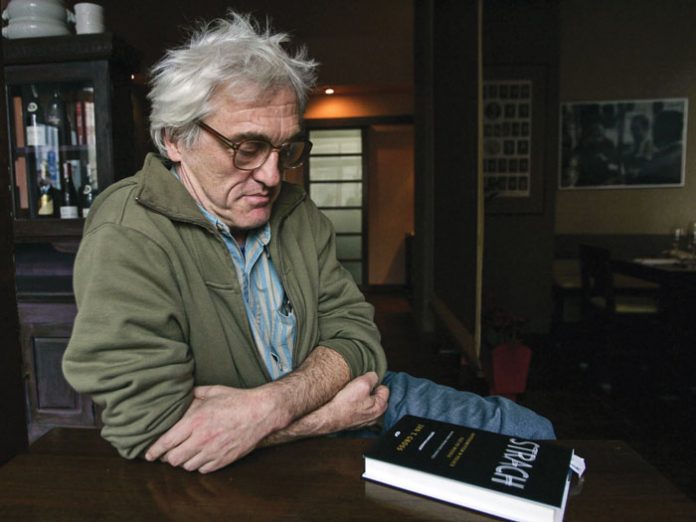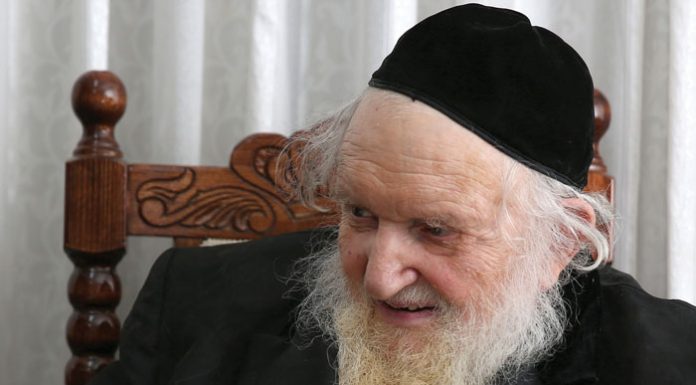The Book that started it all
“One summer day in 1941, half of the Polish town of Jedwabne murdered the other half.” Those were the opening words of the book Neighbors, by Jan T. Gross, which was published in Poland in 2000. An English-language edition was released by Princeton University Press in 2001.
Gross chronicled a Holocaust massacre carried out not by Nazi invaders, but by ordinary Polish civilians against the Jews next door. Neighbors clashed with the perspective of much of today’s Polish public, who view wartime Poles exclusively as victims of the Nazis and doubt that a significant number of their countrymen participated in anti-Jewish atrocities.
Gross is an award-winning historian of World War II, who was born and raised in Poland. He is the son of a Jewish father and a Christian mother, who were themselves part of the anti-Nazi resistance movement during the war. Gross taught for many years at Emory University in Atlanta, and then at New York University and Princeton University.
Critics, including a number of prominent Polish political figures, intellectuals, and clergymen, accused Gross of unfairly besmirching Poland’s name. Some claimed that the eyewitness accusations against Polish civilians, which Gross cited in his book, were all concocted by the Soviet authorities who occupied Poland following the war. Many of the attacks on Gross reeked of anti-Semitism, such as the unfounded claims that he was being paid by Jewish organizations abroad.
THE INVESTIGATION
In an attempt to resolve the heated debate over Neighbors, the Polish government asked its Institute of National Remembrance to undertake a formal inquiry into the events at Jedwabne. The Institute’s study, which took two years, concluded that the key points of Gross’ account were accurate: a large number of Polish civilians, acting independently from the Nazis, carried out the massacre in Jedwabne. There also were similar massacres, just a few days earlier, in the nearby towns of Wasosz and Radziłów.
Polish government prosecutor Radoslaw J. Ignatiew, who headed the investigation, concluded that centuries of church-instigated anti-Semitism nurtured an environment that contributed to the 1941 atrocities. Ignatiew told the Polish journalist Anna Bikont that he encountered so much anti-Semitism in the course of his work, he wondered “if Poles hadn’t imbibed it all with their mother’s milk.” Ironically, Israeli Prime Minister Yitzhak Shamir was widely condemned for using that same expression in 1989.
Ms. Bikont herself interviewed elderly Jedwabne residents, who recalled the deep-seated anti-Semitism in prewar Poland. One said that a child who resisted bedtime would be warned by his parents, “The Jews will turn you into matzah.” Parents who wanted to dissuade a whining child from tagging along to the marketplace warned him that he would have to “kiss the Jewish lady’s beard” at the entrance.
A regional newspaper called The Catholic Cause reported, in 1937, “the mood of excitement” sweeping the area as “farmers refuse to sell to Jews,” with signs declaring “No Jews” springing up all over. In a follow-up story, the newspaper announced with obvious delight that in one town, “Jewish stalls [in the marketplace] are watched so carefully that no peasant can go near them, and 250 Jewish families are doomed to hunger.”
The only significant aspect of Neighbors that the Institute of National Remembrance could not confirm was the exact number of the dead. They exhumed two mass graves containing a total of 340 bodies. However, they did not dig in the local Jewish cemetery, or in other places in the region where some of the victims may have been buried. Therefore Ignatiew concluded that a minimum of 340 were killed, and that the number was likely higher, but that it would be impossible to reach a definitive calculation.
In the aftermath of the commission’s findings, some Polish leaders seemed genuinely interested in fostering reconciliation. Then-Polish President Aleksander Kwasniewski publicly apologized for the role of Poles in the killings, and a sign on a monument to the Jedwabne victims, blaming the Germans, was removed.
But there were vivid illustrations of lingering resentment. The townspeople of Jedwabne boycotted President Kwasniewski’s speech and denounced him as a puppet of international Jewry. And although the old sign was taken down, the town council refused to authorize any mention of the Polish perpetrators in the new sign.
Even a local teacher who had attended a two-week program at the US Holocaust Museum, told Bikont that the Polish mobs in 1941 were just “carrying out orders” from the Nazis and that contemporary critics such as Gross are all just “making money” from the Jedwabne controversy.





















